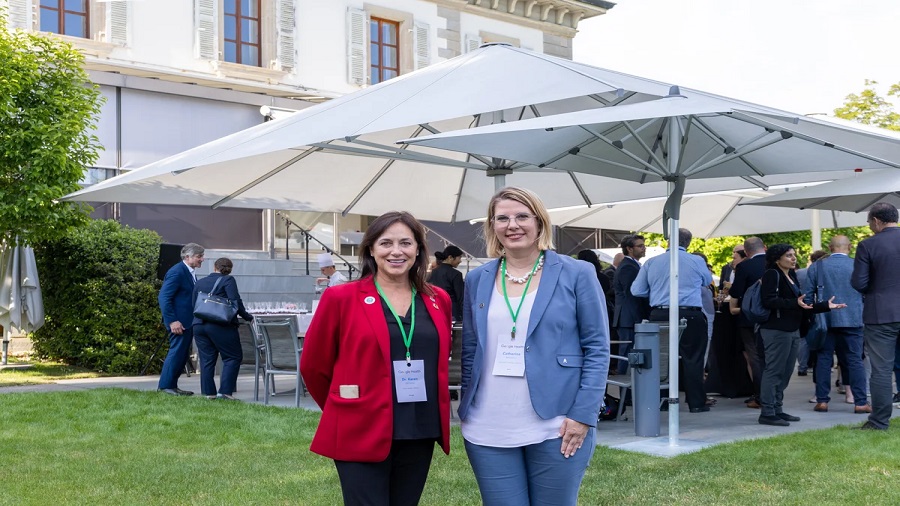Google and WHO Collaborate to Improve Global Public Health

In a significant move to enhance public health worldwide, Google and the World Health Organization (WHO) have announced a multi-year Collaboration Agreement. This partnership aims to provide credible and reliable health-related information to billions of individuals across the globe, enabling them to respond effectively to emerging and future public health challenges.
Access to accurate information plays a crucial role in determining the health outcomes of individuals. During the COVID-19 pandemic, the scarcity of reliable information online posed a significant challenge for people worldwide. In response, Google collaborated closely with WHO on various initiatives, including the implementation of an SOS alert and the promotion of locally relevant COVID-19 content on platforms like YouTube. These efforts demonstrated the impact of timely and accurate information in enabling individuals to make informed decisions about their health.
Building upon their successful collaboration during the pandemic, Google and WHO are now expanding their joint efforts. One of the key initiatives involves enhancing Google Search’s Knowledge Panels, which provide trustworthy information on a wide range of health conditions and symptoms. These Knowledge Panels will soon cover an extensive array of conditions, including COPD, hypertension, type 2 diabetes, Mpox, Ebola, depressive disorder, malaria, and more. Furthermore, the information will be accessible in Arabic, Chinese, English, French, Russian, and Spanish, catering to users in numerous countries.
Bridging the digital divide is another essential aspect of this collaboration. The limited access to life-saving healthcare services in under-resourced communities remains a pressing issue. To address this challenge, Google launched the Open Health Stack (OHS) in March. OHS is a suite of open-source building blocks that enables local developers to create healthcare apps based on the HL7 FHIR standards. By providing recommended practices and facilitating the sharing of health information across systems, OHS aims to make it easier and more cost-effective to develop patient-centered solutions, even in offline environments. This initiative, developed in collaboration with WHO, contributes to the digital transformation of health systems worldwide, fostering effectiveness, interoperability, and impact.
Empowering Local Entrepreneurs for Sustainable Public Health Solutions
The collaboration between Google and WHO extends its impact to the grassroots level by empowering local entrepreneurs. These individuals are now utilizing the components of the Open Health Stack (OHS) to build platforms and solutions that are being deployed in Sub-Saharan Africa, India, and Southeast Asia. Among the early implementations are digital tools that facilitate frontline health workers’ access to evidence-based guidelines, such as the WHO SMART Guidelines content. By supporting local entrepreneurs, the partnership not only strengthens public health systems but also promotes adaptability, manageability, and sustainability.
Read More: A Student’s Guide to Google Classroom
Connecting People to Authoritative Health Information
In a significant gesture of support, Google.org has granted over $320 million in Google Search advertising to WHO through Ad Grants. This substantial contribution represents Google’s largest Ad Grants donation to a single organization. WHO has utilized these funds to raise awareness on public health topics beyond COVID-19, such as Mpox, mental health, flu, Ebola, and natural disasters. Through public service announcements delivered in six languages, WHO successfully directed over 2.7 million visits to their website, reaching a staggering 28 million individuals. Building on this success, Google.org has committed an additional $50 million in Ad Grants for 2023 to further WHO’s impactful work in public health.
In conclusion, the collaboration between Google and WHO signifies a major step forward in improving global public health. By providing accurate and reliable health-related information, bridging the digital divide, empowering local entrepreneurs, and connecting people to authoritative sources, this partnership aims to enhance health outcomes and enable individuals worldwide to make informed decisions about their well-being. Through their combined efforts, Google and WHO are paving the way for a healthier future for all.



